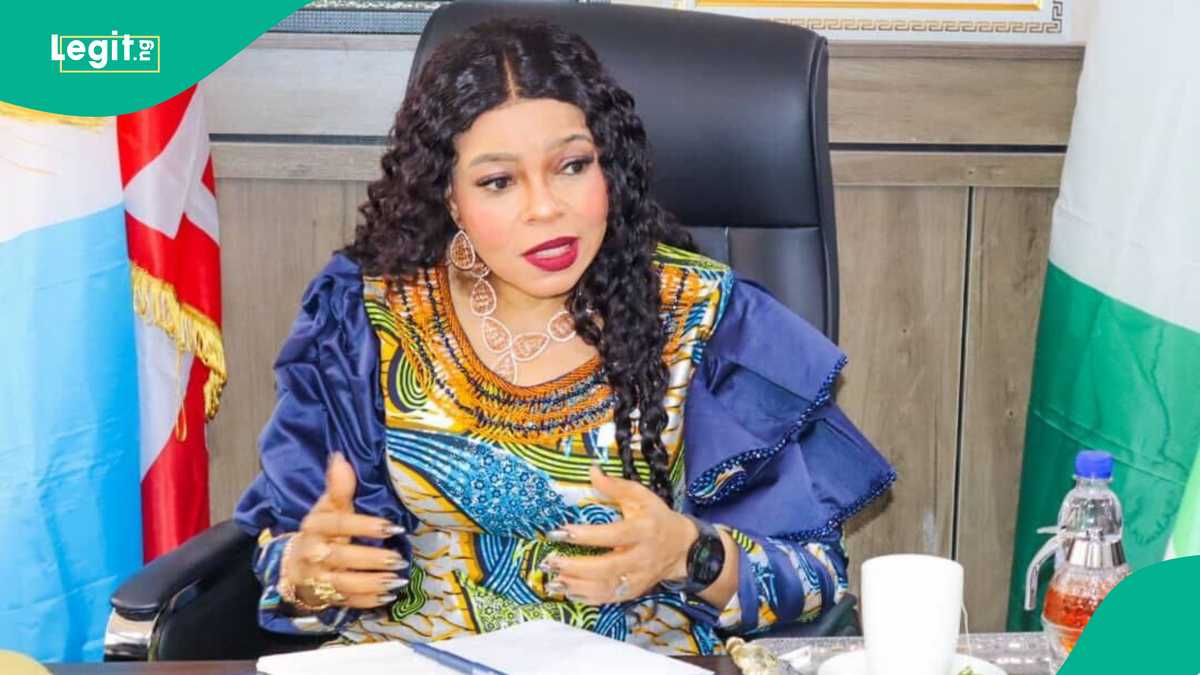APC Women Leader Demands Constitutional Reform for Female Representation
APC National Women Leader demands constitutional reforms for female representation in Nigeria's National Assembly, highlighting the nation's lag behind other African countries in gender equality.

Dr Mary Idele Alile, APC National Women Leader, addressing the press on constitutional reforms for women's representation
In a bold challenge to Nigeria's political establishment, APC National Women Leader Dr Mary Idele Alile has called for urgent constitutional reforms to guarantee women's representation in the National Assembly, marking a critical push for gender equality in African governance.
Breaking the Political Glass Ceiling
Speaking from Abuja on Sunday, Dr Alile emphasized that Nigeria's democratic integrity hangs in the balance as the nation continues to lag behind its African counterparts in female political representation. This comes amid ongoing discussions about federal appointments under the Tinubu administration.
"In the heart of every democracy lies a simple truth: representation is the lifeblood of justice. Yet, in Nigeria's National Assembly, the presence of women is so scarce that their voices often echo like whispers in a crowded hall," Dr Alile declared.
African Leadership in Gender Representation
The APC chieftain highlighted how other African nations have surpassed Nigeria in gender inclusion:
- Rwanda: Over 60% female parliamentary representation
- Senegal: Implemented legal measures for gender balance
- South Africa: Progressive gender representation policies
Call for Presidential Action
Dr Alile has directly challenged President Tinubu's leadership to champion this cause, emphasizing that countries with higher female representation consistently demonstrate better performance in education, healthcare, and anti-corruption measures.
Political Barriers and Solutions
The reform push comes as political parties grapple with internal reforms and representation issues. Key obstacles identified include:
- Entrenched political godfatherism
- Prohibitive campaign costs
- Gender-based stereotypes
- Hostile political environment
Dr Alile concluded with a powerful message: "The question before Nigeria is not whether women deserve a seat in parliament; history has answered that. The real question is whether we have the moral courage to give them that seat now."
Tunde Okoro
Nigerian journalist with a Pan-African voice. Covers politics, sovereignty, and social justice across West Africa.
